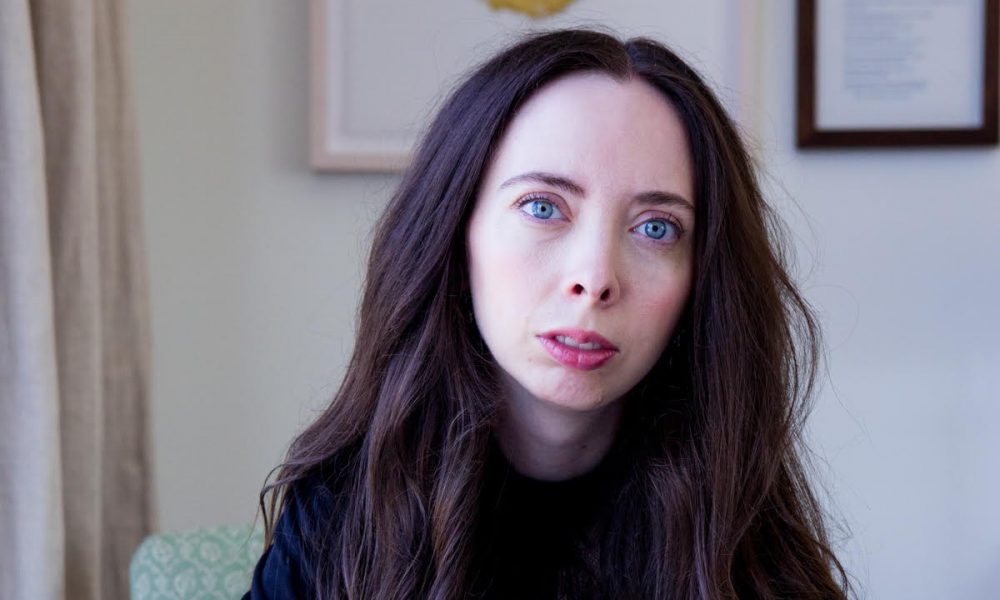

Today we’d like to introduce you to Elizabeth Metzger. They and their team shared their story with us below:
Callie was born and raised in the Chicago, attended Yale and completed her MFA at Johns Hopkins before moving out to LA to get her PhD in Literature and Creative Writing at USC before spending two years as a Stegner fellow at Stanford. Her debut collection Two Minds comes out this spring with Norton.
Elizabeth was born and raised in New York before studying English and Writing at Brown University and completing her MFA at Columbia University. She moved to LA in 2015 and finished her first book The Spirit Papers here. Two chapbooks and two children later, she published her second full-length collection Lying In in April 2023 with Milkweed Editions.
We began working together as LARB’s Poetry Editors in 2017, editing reviews, interviews, and essays for our main section and curating poems for the Quarterly Journal.
I’m sure it wasn’t obstacle-free, but would you say the journey has been fairly smooth so far?
Writing poetry has presented challenges for both of us. For Callie, it’s the feeling of knowing exactly when a poem is finished, navigating the boundary of an experience that is ongoing, especially when so much of lyric poetry has to do with the complicated and ongoing evolution of being a person. The anti-closural nature of writing about one’s life also presented challenges when it came to determining how to structure her forthcoming collection of poems, whose title, Two Minds, speaks to the multiple ways of considering one’s “story” and the events that shape a life.
For Elizabeth, the hardest part of putting a book together has been finding the right order or arrangement since the poems don’t tell a linear narrative, or the narrative chronology does not necessarily drive the development of the speaker. In addition, being on bed rest for her first pregnancy was an obstacle because she couldn’t do readings, go on tour, or promote the book in the world. The silver lining is that her second book was inspired by this experience of confinement, and she has very much enjoyed the chance to bring Lying In to various communities and cities.
While we are always counting our blessings about getting to collaborate at LARB and curate the poetry section together, it remains extremely challenging to choose what to cover. Even over the six or so years, we’ve worked together, there seems to be more poetry than ever and more access and awareness of new voices than ever before. We are often being introduced to exciting and original writers and strive to bring a range of aesthetics to our readers. While it’s hard to be selective and work within limits, we’re grateful that the poetry world feels so alive and expansive!
Can you tell our readers more about what you do and what you think sets you apart from others?
Here is the description of Two Minds: In a piercing and beautiful elegy for the poet’s father, this debut volume investigates the enduring pain and transformative potential of grief.
Does loss define us, or do we define loss? Tracing the duality of grief as it reverberates through a family, Callie Siskel wrestles with questions of identity and inheritance in precise, lucid poetry. Two Minds indulges and therefore, exposes the vanity of turning private pain into art and the pursuit of self-revelation. Drawing on ekphrasis, ars poetica, and the prose poem, Siskel expands the elegiac genre as she oscillates between childhood and adulthood, art and mythology, as well as the natural and domestic world. At once cerebral and emotional, Two Minds is an essential meditation on the ways that loss cleaves and doubles our perceptive power.
Here is the description of Lying In: A devastating, vulnerable collection tracing high-risk pregnancy and new motherhood amid grief.
“All my life, all I’ve wanted was to be myself / and someone else,” writes Elizabeth Metzger. From the shadowy perspective of confinement, where the presence of death unsettles all outcomes, these poems examine an expansion and fracturing of the self—into motherhood as well as childhood, into past selves and future unknowns. The child becomes parent, the parent becomes child, the child arrives but in doing so, is lost. New loss haunts new life, and life becomes “one or two lives.” The door is more valuable than the prize behind it.
With ambivalence as well as deep feeling, Metzger wonders how a single body can be expected to hold both immense joy and immense mourning, profound longing, and creeping numbness when one so often overtakes the other. She plunges into the darkness inside—of the gloomy room, the inner body, the afterlife, and the pre-language mind—and sends back “a searchlight across the underworld,” Eurydice in search of herself.
Aching and contemplative, Lying In is an exquisite portrait of an in-between time—and of the person who emerges on the other side. “Isn’t it obvious how we’ve changed?”
Risk taking is a topic that people have widely differing views on – we’d love to hear your thoughts.
We are always looking to feature poets and books of poetry that take risks—both in terms of their formal experiments and in terms of the larger questions they raise or topics they cover. We find it important to curate pieces on controversial topics, bringing people with differing views into conversation. We prioritize reviews that move beyond praise to raise new questions, offer vulnerability, and put work into bolder conversations that matter to the world and moment we live in, historically, culturally, and environmentally—beyond the genre of poetry.
Ultimately, we hope reading the poems and reviews we publish will inspire readers (who may never read the book being reviewed) to take risks in their own reading and writing, as well as to think more broadly. We also aim to work with and publish new contributors who may not have a long history of reviewing behind them. After publishing an incredible review of Danez Smith’s HOMIE by Amanda Gorman, then a senior at Harvard, we were thrilled to see her go on to deliver her own poem at Biden’s inauguration!
As for our own writing, lyric poetry is often risky. You risk exposing yourself to yourself when you write and then of course to a reader. More importantly, the reader risks being unsettled, disturbed, awakened, transformed, unmoored, and confused when they read a poem. While sometimes poetry intimidates readers for this reason, we see these risks as the great pleasure and surprise of the genre.
Contact Info:
- Website: elizabethmetzger.com; calliesiskel.com
- Instagram: @nobodytoo2; @callie_gray
- Facebook: https://www.facebook.com/elizabeth.metzger.161
- Twitter: @anelizabeth2
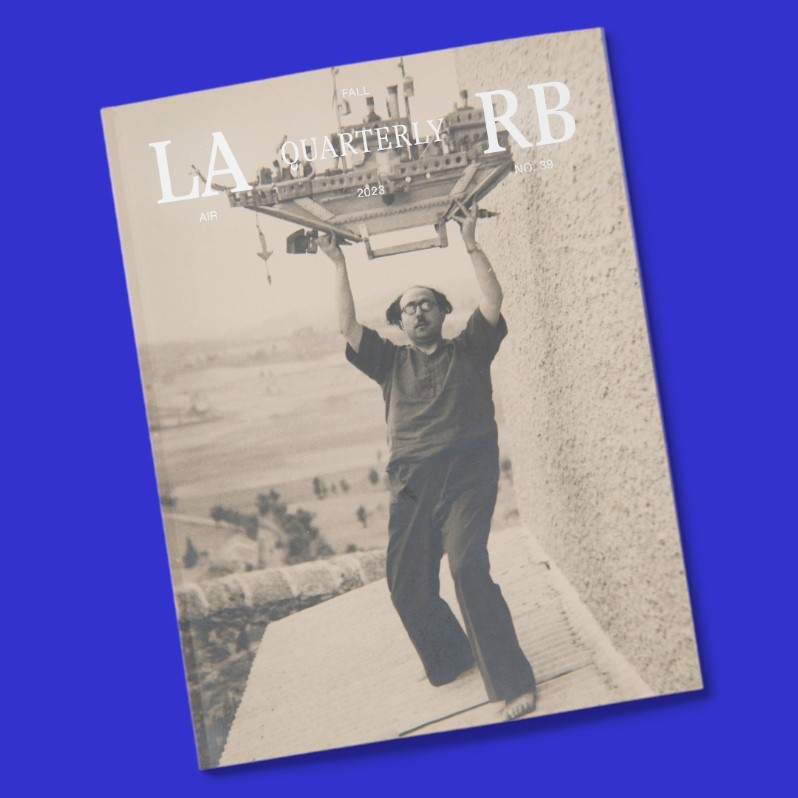
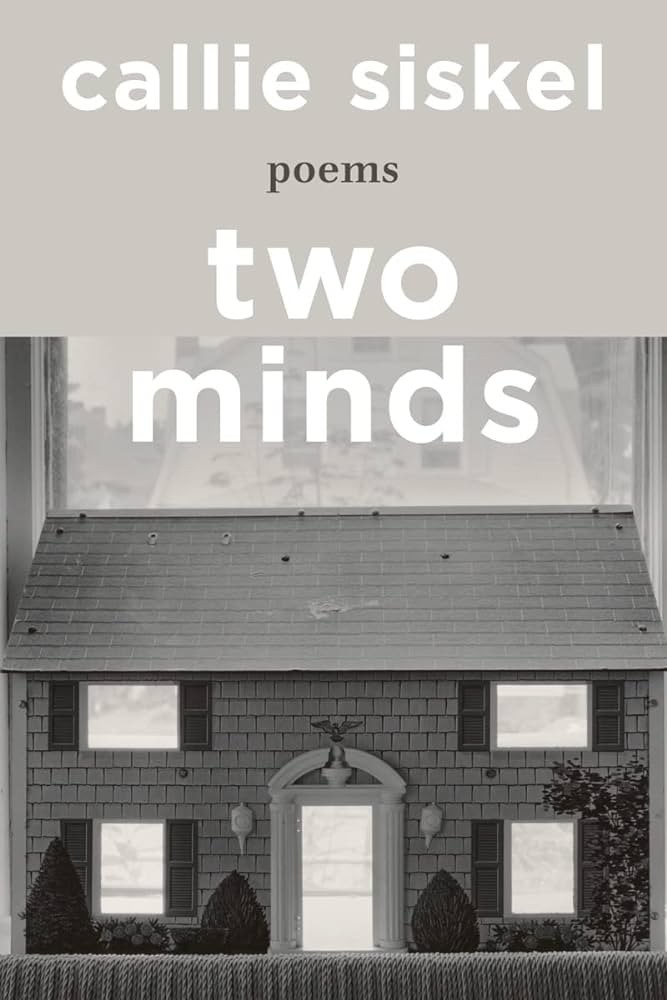
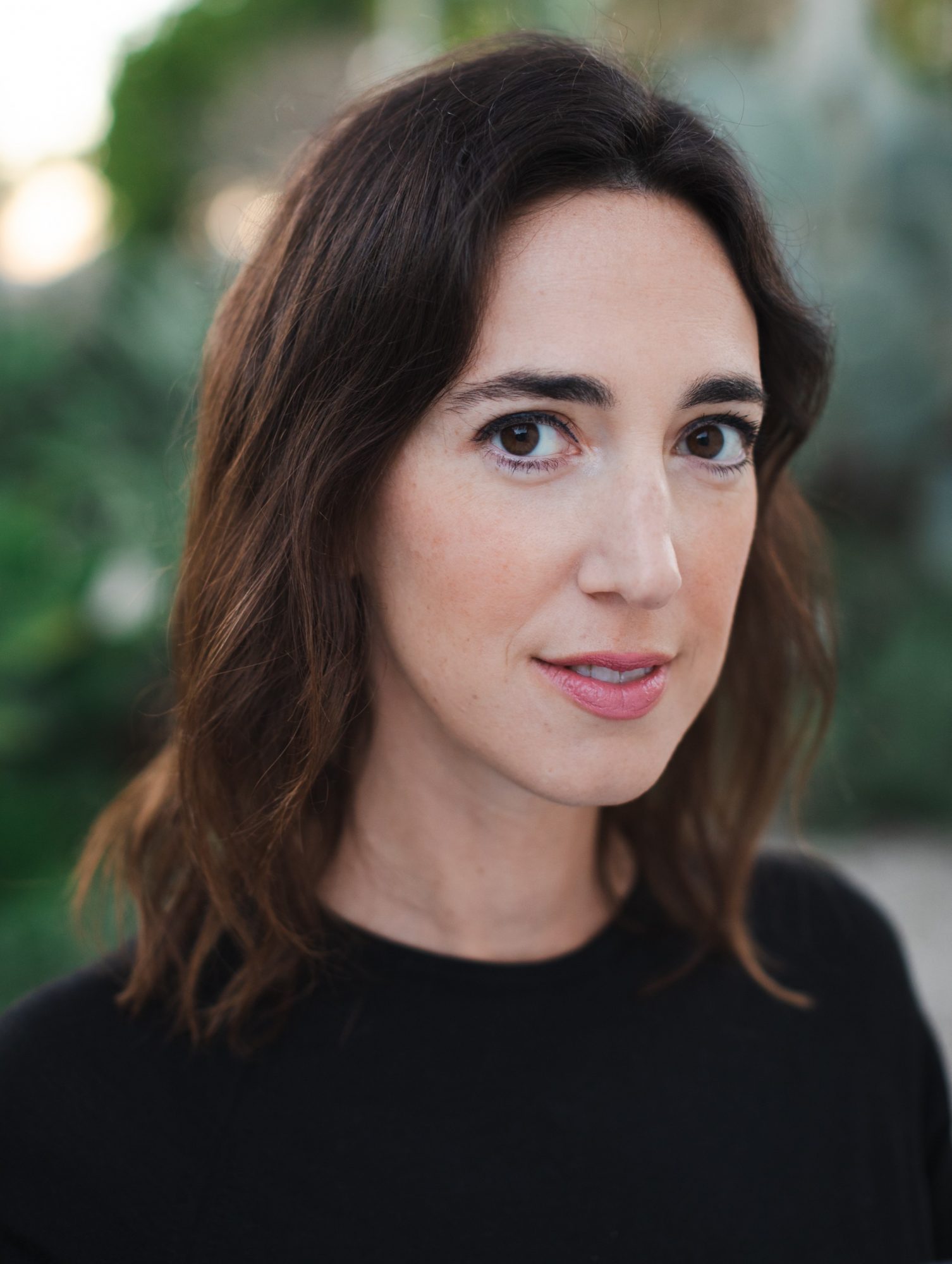
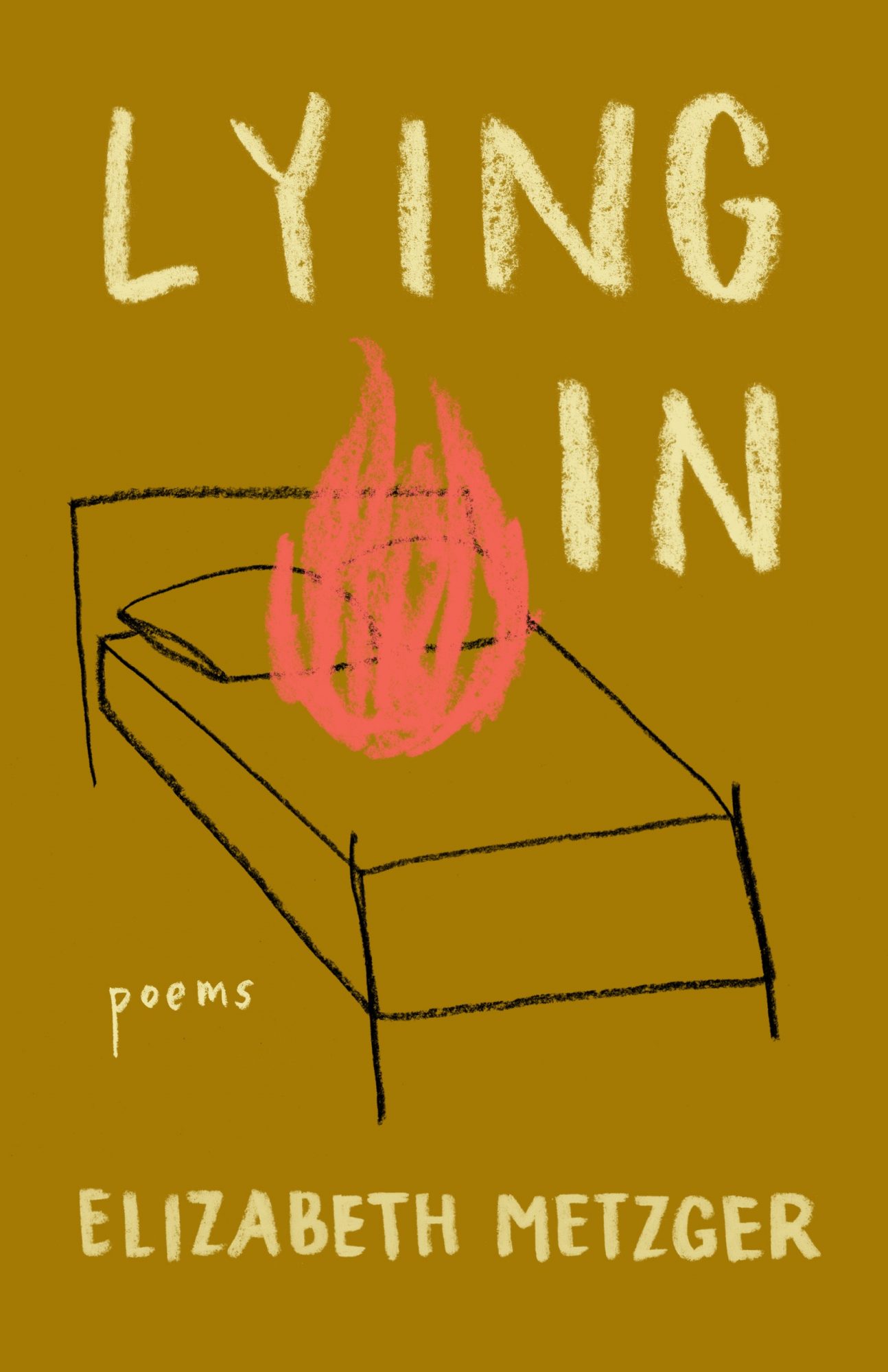
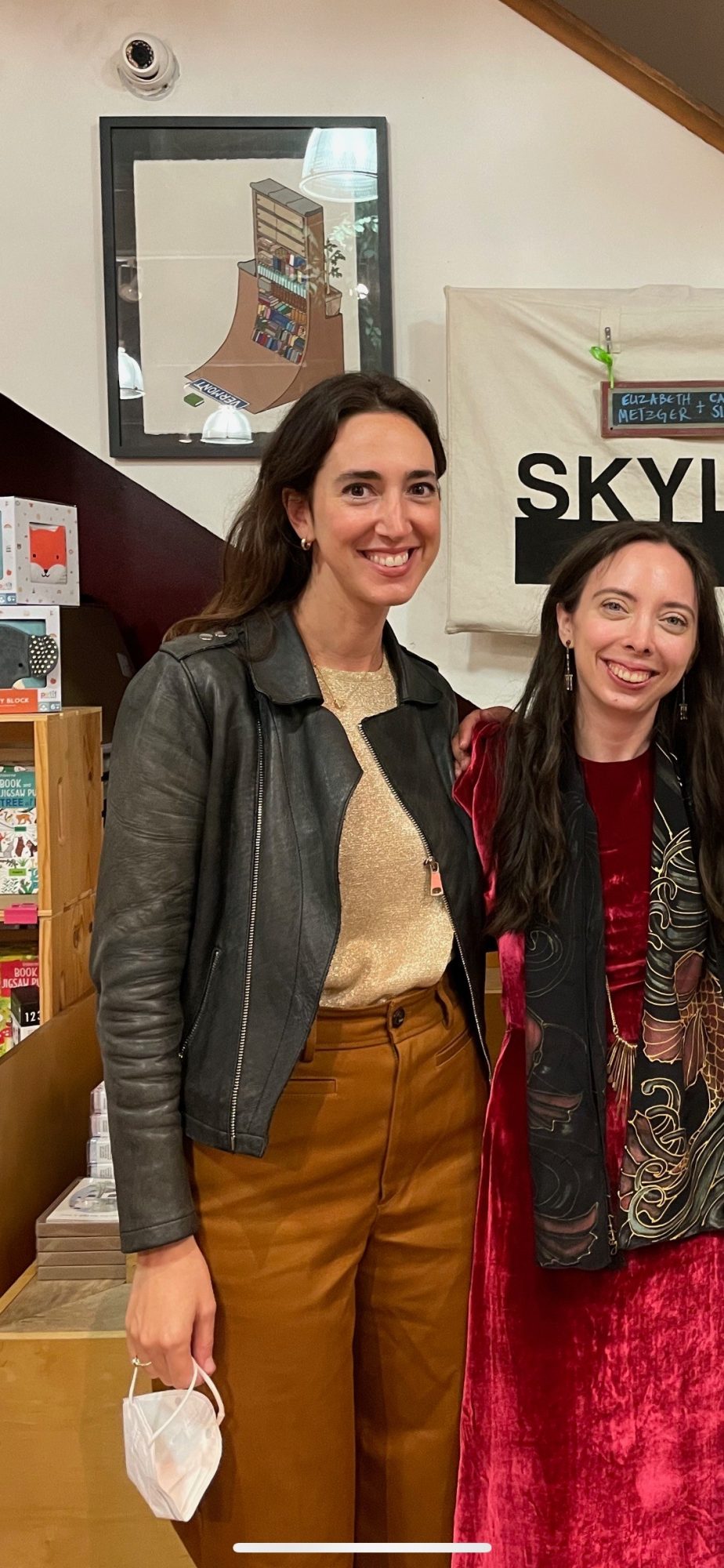
Image Credits
Yvette Roman (author photo Metzger) Lauren Kallen (author photo Siskel) Please let us know if you need other credits or if any photos look distorted (the cover photos are from W.W. Norton (Two Minds) and Milkweed Editions (Lying In) and the Quarterly photo is from the Los Angeles Review of Books website.











